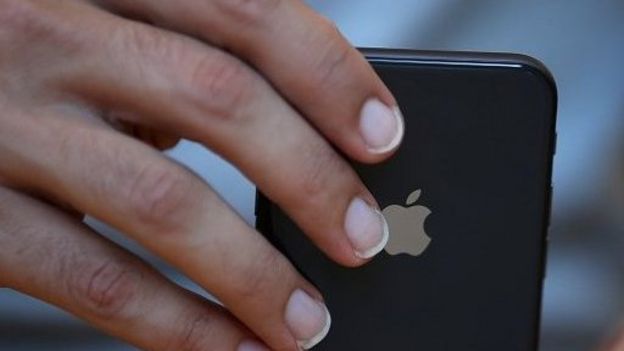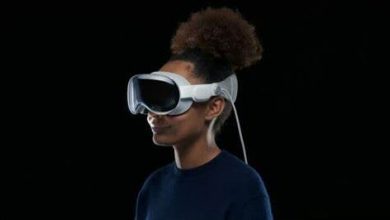FaceTime chat 'saves woman's life'

A woman who had a stroke while on a FaceTime video call with her sister, says the technology saved her life.
Opokua Kwapong, who lives alone in New York, was on a call with her sister, Adumea Sapong, in Manchester, when Mrs Sapong noticed that her elder sibling “didn’t look right”.
She raised the alarm after she also noticed her sister’s voice was slurred.
Ms Kwapong said she had not realised how serious the situation was.
The 58-year-old had woken from an afternoon nap when Mrs Sapong had called her on FaceTime, a video calling feature on iPhones.
Ms Kwapong said: “My sister looked at me and said she could see that my face didn’t look right.
“She also said that I was slurring my words, but I thought she was just fussing and I didn’t believe her.”
Mrs Sapong said: “When I called Opokua she said that she’d not been feeling well and had been feeling tired and was also having some difficulty walking.
“I said, ‘Perhaps you need to take some aspirin.’ She tried to pick up a glass of water and wasn’t able to. Then I noticed on the FaceTime video call that her face was drooping. I told her she needed to hang up and immediately see a doctor.
“She thought I was making a fuss so I then conferenced in one of my other sisters, who is a doctor, and she could hear her speaking and could also tell that her speech was slurred. We both told her to call for help straightaway.”
Ms Kwapong hung up the call and then dialled 911.
Following hospital scans, Ms Kwapong was diagnosed as having had a clot on the brain.
The stroke has left her paralysed on her left side.
Ms Kwapong, who works as a food scientist, said: “There is no doubt that FaceTime saved my life.
“If my sister had not noticed that something was not right, then things could have been so different.

“Not only did technology save my life, it now also allows me to live my life.
“I rely a lot on video conferencing as I’m not able to travel as much as I did previously for my work.”
Mrs Sapong said: “You hear a lot of negative stories about the internet and technology, but I think this is an example of how technology can be a force for good.
“If it had not been for FaceTime, then we would be having a very different conversation right now.”
Esmee Russell, head of prevention and campaigns at the Stroke Association, said: “A stroke can happen to anyone, at any age, at any time – that’s why it’s so important that people know to act fast: it could save a life.”
Strokes happen when the blood supply to part of the brain is cut off by a clot (known as an ischaemic stroke), or damaged by a bleed that causes brain cells in the affected area to die (known as a haemorrhagic stroke).



